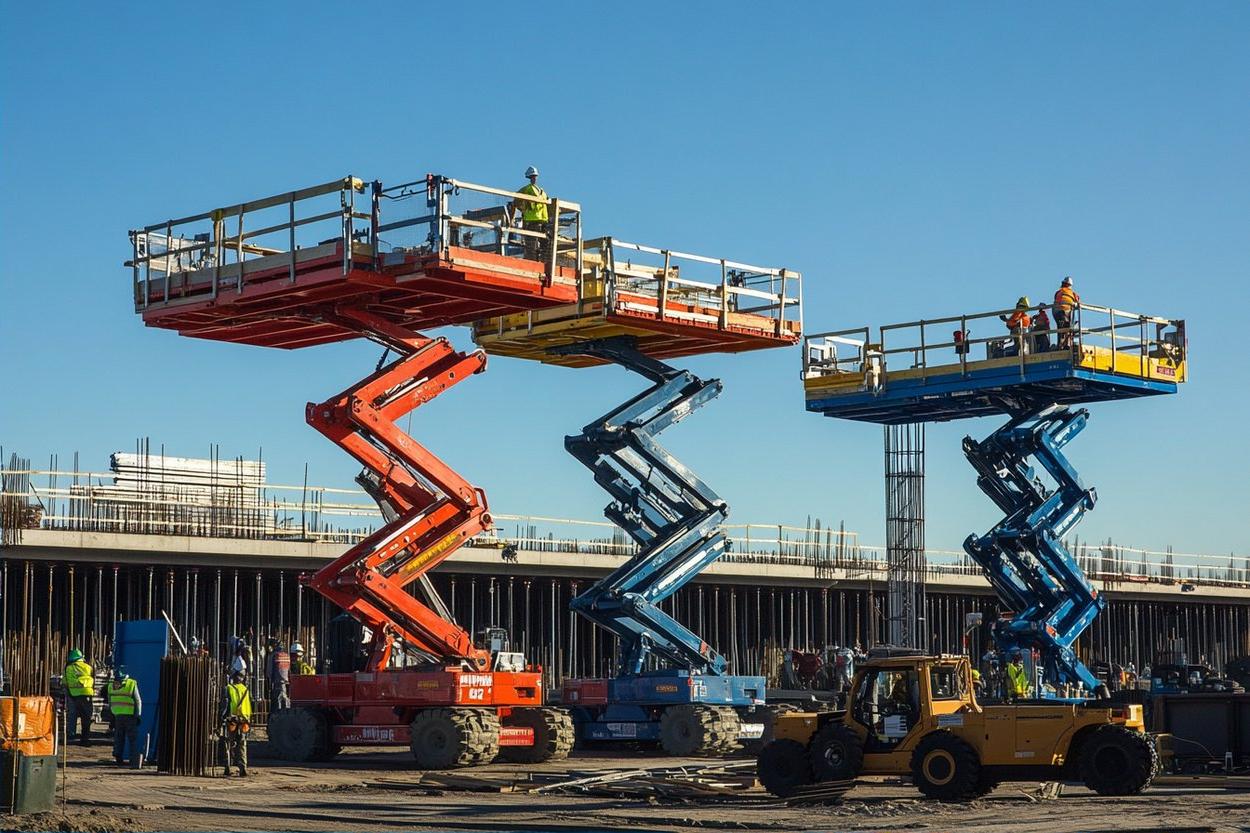Understanding Construction Services in Today’s Market
The construction industry is evolving rapidly, with new technologies, sustainable practices, and changing market demands reshaping the landscape. As we delve into the world of construction services, it's crucial to understand how these changes are impacting the industry and what they mean for businesses and consumers alike. From innovative building techniques to cutting-edge project management tools, the construction sector is embracing transformation to meet the challenges of the 21st century.

What are the latest trends in construction services?
The construction industry is experiencing a significant shift towards digitalization and sustainability. Building Information Modeling (BIM) has become increasingly prevalent, allowing for more accurate planning, design, and execution of projects. Prefabrication and modular construction techniques are gaining traction, offering faster build times and reduced waste. Additionally, there’s a growing emphasis on green building practices, with many construction companies incorporating eco-friendly materials and energy-efficient designs into their projects.
How is technology reshaping the building industry?
Technology is revolutionizing every aspect of construction services. Drones are now commonly used for site surveys and progress monitoring, while augmented reality (AR) and virtual reality (VR) are enhancing project visualization and training. Artificial intelligence and machine learning are optimizing project scheduling and resource allocation. Moreover, the Internet of Things (IoT) is improving site safety and equipment maintenance through real-time monitoring and predictive analytics.
What sustainable practices are shaping the future of construction?
Sustainability has become a cornerstone of modern construction services. The industry is increasingly adopting circular economy principles, focusing on recycling and reusing materials to minimize waste. Green certifications such as LEED (Leadership in Energy and Environmental Design) are becoming standard for many projects. Additionally, there’s a growing interest in biophilic design, which incorporates natural elements into buildings to improve occupant well-being and reduce environmental impact.
How are construction services adapting to changing market demands?
Construction services are evolving to meet new market demands, particularly in the wake of global events like the COVID-19 pandemic. There’s an increased focus on flexible spaces that can easily adapt to changing needs. The rise of remote work has led to a shift in commercial construction, with more emphasis on creating collaborative and technology-enabled workspaces. Residential construction is seeing a surge in demand for home offices and outdoor living spaces.
What innovations are improving project management and efficiency?
Project management in construction has been transformed by digital tools and methodologies. Cloud-based collaboration platforms are enabling real-time communication and document sharing among team members, regardless of their location. Lean construction principles are being widely adopted to minimize waste and maximize value. Advanced scheduling software, incorporating AI, is helping to optimize resource allocation and predict potential delays, allowing for more efficient project execution.
How are construction services balancing cost, quality, and sustainability?
The construction industry is constantly seeking ways to balance cost, quality, and sustainability. This challenge has led to innovative approaches and technologies that aim to deliver high-quality, environmentally friendly projects without breaking the bank. Let’s look at some real-world examples of how construction services are addressing this balance:
| Service/Technology | Provider | Key Features | Cost Impact |
|---|---|---|---|
| 3D Printed Construction | ICON | Rapid building, reduced waste, customizable designs | Potential 30-50% cost reduction |
| Mass Timber Construction | Structurlam | Sustainable material, faster assembly, improved insulation | 5-10% higher upfront costs, but long-term energy savings |
| Robotic Bricklaying | FBR (Fastbrick Robotics) | Increased speed and precision, reduced labor costs | Up to 70% reduction in bricklaying labor costs |
| Smart Building Systems | Johnson Controls | Energy efficiency, predictive maintenance, improved occupant comfort | 10-20% reduction in energy costs |
Prices, rates, or cost estimates mentioned in this article are based on the latest available information but may change over time. Independent research is advised before making financial decisions.
What does the future hold for construction services?
The future of construction services looks promising, with continued advancements in technology and sustainability practices. We can expect to see further integration of AI and machine learning in all aspects of construction, from design to maintenance. The use of robotics and automation is likely to increase, particularly in dangerous or repetitive tasks. As climate change concerns grow, there will be an even greater emphasis on sustainable and resilient building practices. The construction industry will also need to adapt to changing demographics and urbanization trends, potentially leading to more innovative urban development solutions.
The construction services sector is at an exciting crossroads, balancing tradition with innovation. As the industry continues to evolve, it will play a crucial role in shaping our built environment, addressing societal challenges, and contributing to a more sustainable future. Staying informed about these changes is essential for anyone involved in or impacted by the construction industry.
The shared information of this article is up-to-date as of the publishing date. For more up-to-date information, please conduct your own research.






